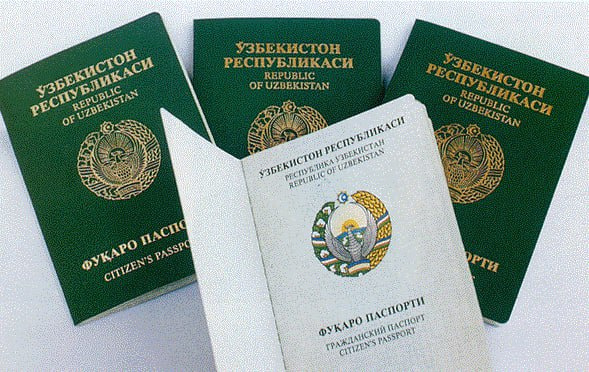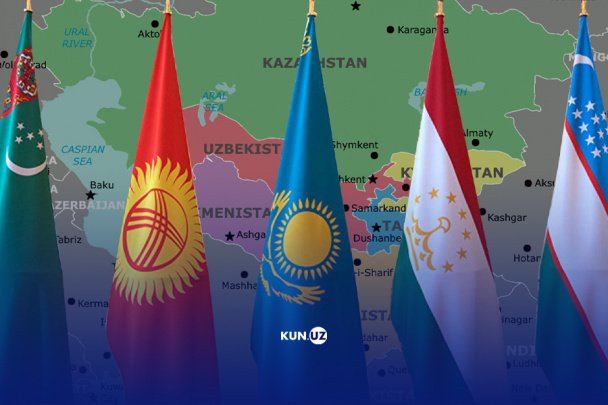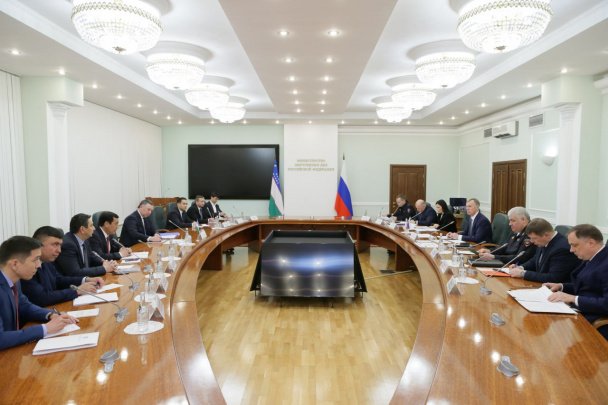Antony Blinken: Central Asia hit hardest by Russian invasion of Ukraine
Russia is the key trade partner of the Central Asian countries and it takes time for them to diversify the sources of investment and income. To address this issue, the US Secretary of State Antony Blinken said in Kazakhstan that partner countries of Russia that suffered economically as a result of the sanctions would receive certain compensations. In an interview with Kun.uz, he clarified how this support would be provided.
“It’s important to understand that countries in Central Asia and people in the region have suffered the most from the consequences of Russia’s invasion of Ukraine, its aggression against this country, starting with the fact that President Putin has used energy as a weapon, and he has used food as a weapon in denying energy to countries that opposed his aggression against Ukraine. That caused prices to go up for everyone, including in Central Asia, despite the energy wealth of some countries, and we’ve worked very hard to make sure that there was enough energy on world markets to keep prices down so people wouldn't be affected.
Second, food. Putin has also weaponized food. Ukraine is one of the major providers of grain to the world. The Russian invasion blocked Ukraine from exporting its own grain to the rest of the world. They seized the port of Odesa and they blocked grain from going out. The United Nations and Türkiye came together to help establish a grain corridor, and now, as a result of that, grain is getting out, which means prices are lower for everyone. So that has benefited people here. But this is all the result of Russian aggression.
Dozens of countries around the world are imposing sanctions on Russia because of its aggression. Not because we decided one day, “oh, wouldn’t it be nice to put sanctions on Russia?” But because they invaded another country, they threatened its territorial integrity, its independence, and its sovereignty, and it was important for countries around the world to stand up against that. I think people in Central Asia understand deeply why it’s important to protect the principle of sovereignty, independence, and territorial integrity, and one way that we stand up against it is by trying to impose some costs on Russia for the aggression, in the hopes that it will stop it, change its mind, end the aggression and end the war that it started.
So, it’s also true that there are second and third-order consequences for companies or countries that may be engaged in business with Russia that is now prohibited by the sanctions, and there we’ve tried to work closely with countries, including in Central Asia, to help them understand exactly what’s required and what’s not required. Precisely for the reasons you say, sometimes you have a long-standing business relationship, and it takes time to end that relationship. So, we’re giving time to companies to do that in, what we call, a wind-down period. And there are some cases where we’re providing licenses to continue the business despite the sanctions,” Antony Blinken said.
Related News

10:12
Uzbekistan sees growth in foreign-invested companies, led by China and Russia

10:09
Citizens of Uzbekistan in the U.S. can no longer use old passports to return home

19:32 / 12.03.2025
34 years of independence: The economic transformation of Central Asia

18:50 / 12.03.2025



